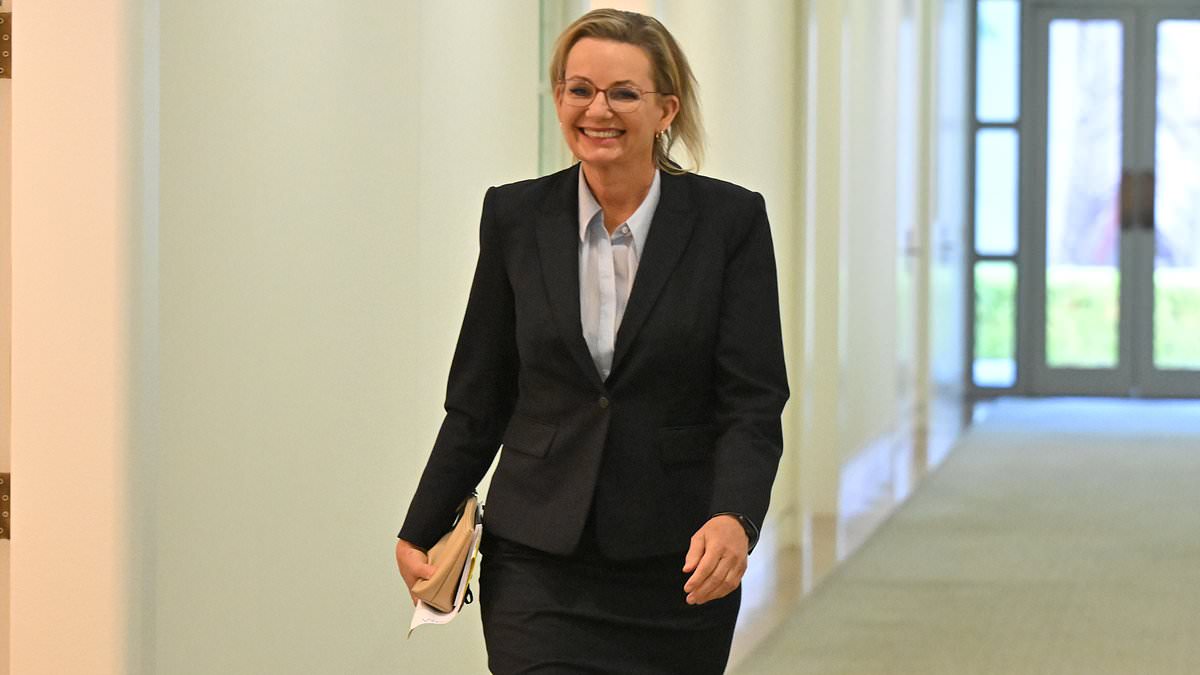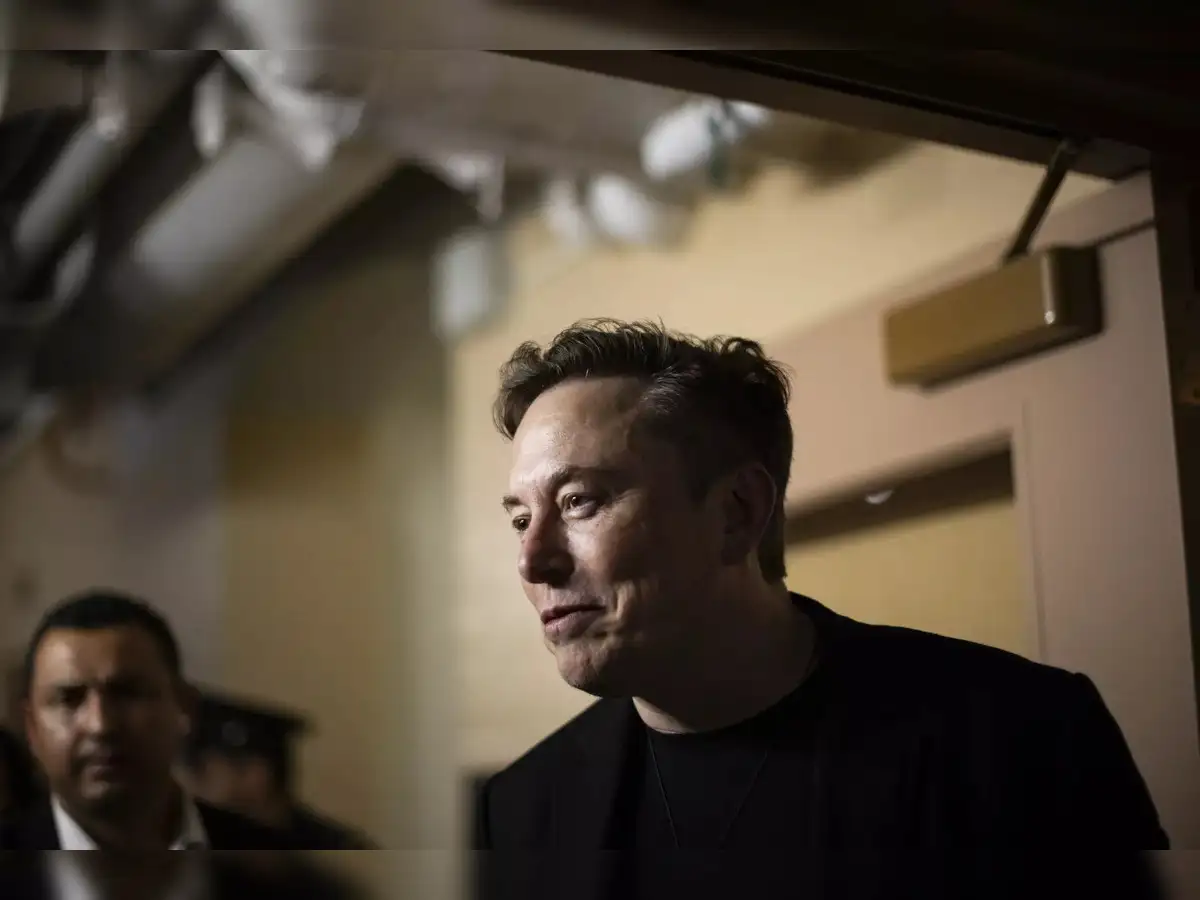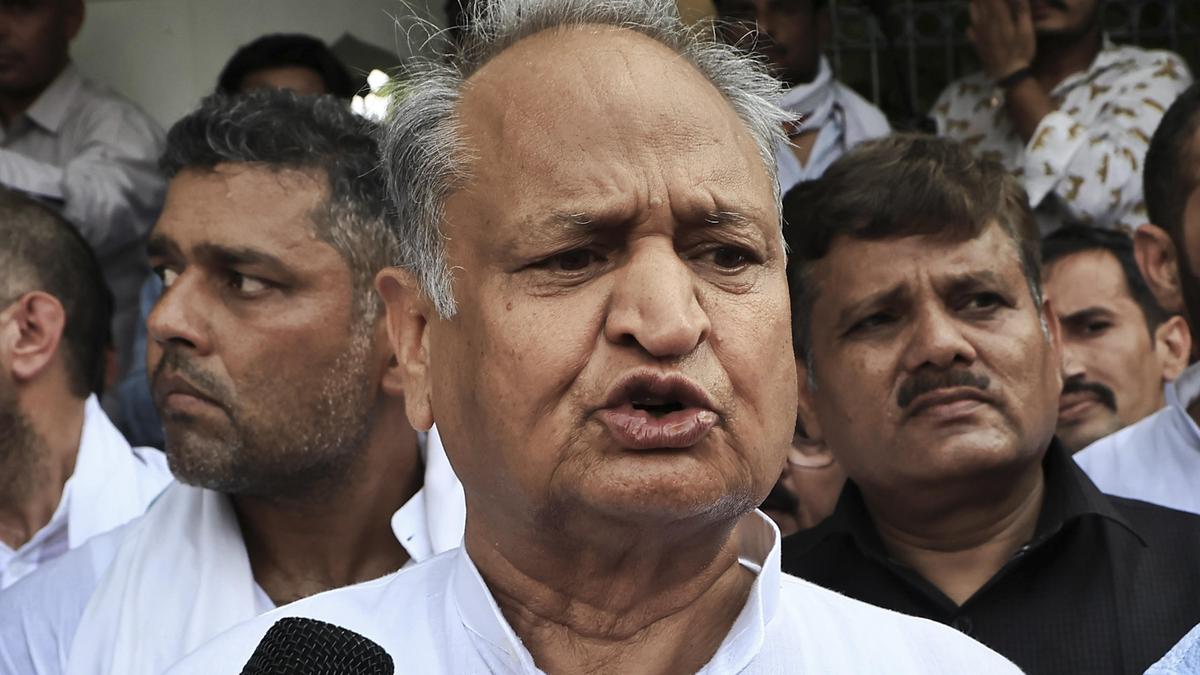Copyright dailymail

Today's Liberal party room lined up roughly 60-40 against the net zero by 2050 commitment. The final wording will be set by the shadow cabinet tomorrow, but the politics moved today. It's nigh on impossible to see Sussan Ley rejecting the verdict if a majority of her party room. It would spell the end of her leadership. The decisive signal wasn't just in the margin, it was who fell on which side during Wednesday's five hour meeting. Ted O'Brien, Sussan Ley's deputy, for the first time declared himself against keeping net zero. Most of Ley's senior leadership team did the same, with Anne Ruston an exception to the rule. When a leader is isolated on a core question and her deputy breaks cover, the room is telling you who's actually in charge. The more likely scenario is that O'Brien was following the will of the room as a lead indicator that shadow cabinet and the leader will do the same. If tomorrow delivers a formal retreat from net zero as expected - whether by scrapping it outright or downgrading it to an airy aspiration moderates can exclaim interest in even though it's not party policy - the choreography will be pitched as 'bottom-up party democracy'. In reality, however, today's party room boxed the leadership in. Ley can claim to be reflecting the room, but that only underlines the point: she is managing a caucus problem, not leading a policy project. Capitulation may steady things for a week or more, but it does not resolve the contradiction at the heart of the modern Liberal Party: trying to hold inner-city, professional seats that demand climate credibility while chasing outer suburban and regional voters for whom affordability eclipses long run targets. Follow the politics and you can see why the numbers were 60-40 today. There aren't that many city Liberals left. Follow the electoral map and you can see why that margin may prove to be a virtually useless victory. As Federal Director Andrew Hirst told the room, voters associate net zero with climate change action, and the overwhelming majority want action. There is a theory that abandoning net zero helps reclaim ground lost to populists on the Liberal Party's right flank, and harnesses anger over power bills. But it also hands the Teals and Labor a clean wedge across the metropolitan battlegrounds where the Liberals must recover to be competitive. It also risks confusing business and donors who had treated net zero as settled terrain. If the party retreats now, it isn't just reversing a headline, it is signalling that long term policy is hostage to the weekly temperature of the party room. Voters notice when a party stops believing its own arguments. Ruston's position - alongside that of Tim Wilson, Julian Leeser and Andrew Bragg - proves there is still a pro-net zero instinct among senior figures, but they are outnumbered. The message to moderates is brutal: even at the top table, you are tolerated so long as you don't try to set direction. That accelerates the party's identity drift - it's less of a broad church than Robert Menzies envisioned. These days Liberal Party moderates are an endangered species, and today's party room vote risks making them extinct. If net zero goes, what replaces it as the organising principle? Technology, not taxes is a slogan, but it's hardly a plan. If the answer is nuclear plus affordability, what does the bridge look like through the 2030s when new capacity has to land and coal continues to age out? Is the party keeping faith with Paris settings or inviting a second-order fight about international commitments? Without interim targets, investment signals blur. Without a grid strategy, reliability rhetoric collapses at the first summer peak. Markets won't fill a vacuum made by politics. They price in risk, and uncertainty is risk. Besides, the target Liberals rejected today is 25 years away, and it's only a target. No one in parliament will still be around when we get there to be judged on success or failure. Signing up to it is therefore risk free. Doing so would have maintained Liberal climate credibility without diminishing the opposition's capacity to attack Labor's method for getting there. The Nationals led on this issue, with the junior coalition partner dumping the target first. A case of the tail wagging the dog. But that only highlights the structural problem inside the Coalition. The Liberals are being dragged to solve the Nationals' competitive dilemmas in the regions, while the Liberals' existential problem is in the cities. If the response is to default to an anti-target posture, it may ease Coalition tensions while hardening the metropolitan firewall against Liberal candidates. The risk is that they lose both sides of the street: not right wing enough to outflank One Nation where that contest bites, and no longer credible enough on climate to win back teal threatened territory. Retreating from net zero might momentarily simplify the message, but it complicates everything else. It casts doubt on future commitments. It invites suspicion that any policy with a long fuse will be burnt for short term internal peace. The bigger story is about what the Liberal Party wants to be. It can keep chasing tactical wins: find a line and prosecute a contrast. That was the argument Senator James Paterson made to justify flipping from pro-net zero to against it. Alternatively Liberals could articulate a coherent centre right approach to climate and industry that works in Penrith and in Wentworth. That requires nuance and deep thinking, two things fundamentally lacking in the rump that is the modern Liberal Party.



